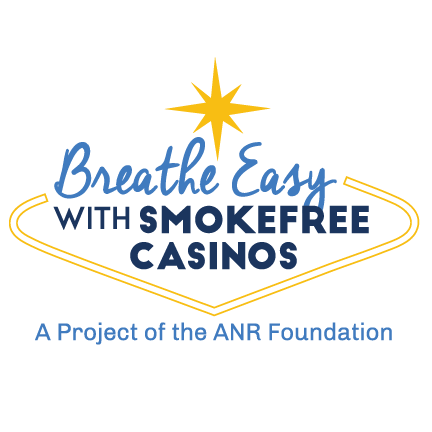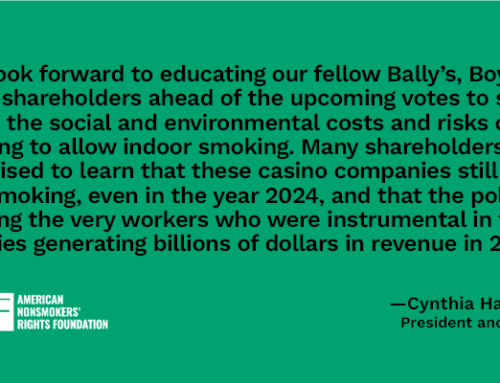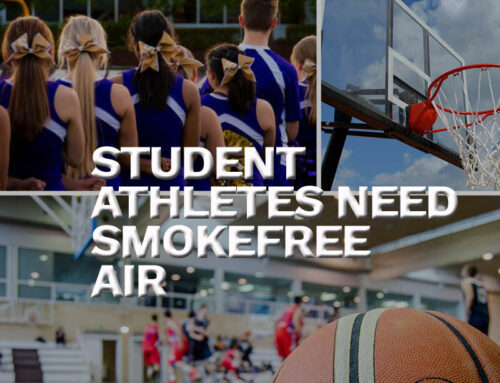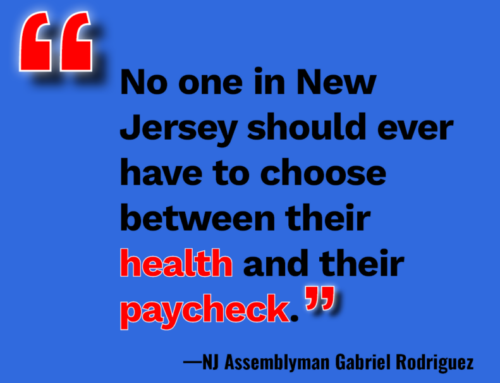Smokefree Casino Advocates Applaud Announcement of 4 More Casinos Going Smokefree
Tohono O’odham’s Desert Diamond Casinos take important step to protect safety of employees and guests, join more than 1,000 casinos in adopting similar policy
December 18, 2020
Contact: press@no-smoke.org
Bronson Frick, director of advocacy of Americans Nonsmokers’ Rights (ANR), released the following statement after the Tohono O’odham’s three Desert Diamond Casinos in Arizona adopted a smokefree indoor policy, becoming the latest in a growing list of casinos to go smokefree indoors:
“Momentum for smokefree casinos continues to grow. The Tohono O’odham Tribe and its Desert Diamond Casinos are putting the safety of its employees and guests first as they join the more than 1,000 casinos, including more than 160 Tribal gaming properties, that have adopted similar smokefree policies. Especially during this pandemic, Tribal casinos have led the way in going smokefree. We urge commercial operators to recognize that employee and guest safety and gaming revenue are not mutually exclusive. It’s time to leave behind old arguments that no longer apply in today’s world, one in which overwhelming majorities of Americans prefer smokefree casinos.”
Background
More and more casinos nationwide are going smokefree. At least 160 sovereign Tribal gaming venues have implemented 100% smokefree policies during COVID-19, 23 states require commercial casinos to be smokefree indoors, and more than 1,000 gaming properties do not permit smoking indoors.
In a joint statement earlier this year, the Southern Nevada Health District, Washoe County Health District, and Carson City Health and Human Services expressed concerns with smoking in casinos. “Businesses cannot adequately reinforce the proven risk reduction strategy of wearing face coverings while also allowing smoking…The primary mode of transmission of the virus is through person-to-person spread of respiratory droplets. As people remove face coverings to smoke or vape, they are exhaling respiratory droplets over a longer distance. The act itself requires individuals to more frequently touch their face and mouths – another direct contradiction to recommended COVID-19 prevention strategies.”
###







